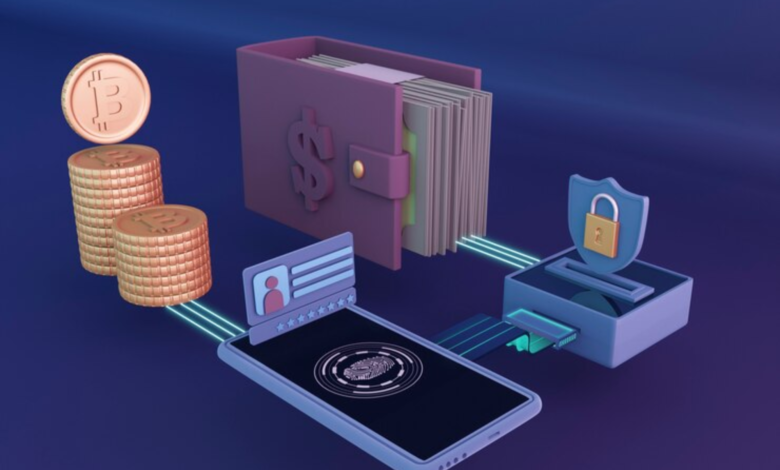National Technology Day 2024: How Technology Continues to Empower Fintech in India

You’re reading Entrepreneur India, an international franchise of Entrepreneur Media.
Among all the sectors, financial services has continuously thrived on technological advancements. The growth in emerging technologies such as generative AI, cloud computing, blockchain, and the Internet of Things (IoT) have shaken up conventional financial operations. Technology has played a crucial role in the significant transformation of the financial services industry, making services more accessible and efficient.
India ranks as one of the most nurturing ecosystems for innovations. “It is not just about adopting them, but about redefining possibilities, fostering digital trust, and paving the way for sustainable economic development in a rapidly evolving global landscape with diverse and evolving customer needs,” shares Rohit Jetly, Head of Global Platform Solutions – Platform Delivery; and Country Head – India, Fidelity International.
“The J.A.M trinity, comprising of Jan Dhan, Aadhaar, and Mobile, epitomizes innovation. These pillars have created an ecosystem that fosters fintech advancement, enabling Indian companies to develop a wide range of products and services, including digital payments and lending, among others. Furthermore, the Digital Public Infrastructure has been crucial in driving innovation and growth in the fintech sector, significantly contributing to financial inclusion and economic progress across the nation,” said Dilip Modi, Founder, Spice Money.
Notably, AePS and UPI are shining examples of how innovation has revolutionized financial transactions. According to the data shared by the National Payments Corporation, Unified Payments Interface (UPI) registered a record 10.58 billion transactions in August 2023. In April 2024, UPI clocked in 13.3 billion monthly transactions.
“Within the fintech realm, groundbreaking technologies have led to the development of disruptive products, reshaping the landscape of financial transactions. It’s also a moment to recognize the success of initiatives like UPI, which has played a pivotal role in promoting financial inclusion and showcasing India’s commitment to innovation on a global scale,” shares Pankaj Goel, CTO, BharatPe.
Government initiatives supporting digital education and financial accessibility are ensuring that these services reach every nook and corner of the country.
“As the world gravitates toward rapid digital transformation, fintechs stand at the forefront, revolutionising how financial services are delivered and consumed. With widespread smartphone penetration and affordable internet, fintech solutions can now reach even the most remote corners of our country, unlocking opportunities for previously underserved customer segments,” said RV Ramanathan, CEO and Co-Founders, Hyperface.
According to Forbes, 65 per cent of senior financial management expects positive changes from the use of AI in financial services.
Among the technologies that are propelling financial services in the country, several banks, NBFCs, and fintechs are adopting blockchain with enthusiasm.
“Blockchain technology also enables secure microtransactions and financial services, which can benefit people who don’t have access to traditional banking. Unlocking this potential requires a collaborative effort with the government, industry leaders, and academic institutions. By fostering a constructive dialogue, we can create a regulatory environment that encourages responsible innovation and empowers the ethical use of digital assets, thereby paving the way for India’s thriving tech ecosystem,” said Anuj Garg, VP-Blockchain, ZebPay.
Blockchain tends to streamline banking and lending services, reducing counterparty risk, and decreasing issuance and settlement times to name a few.
Concurs Shivam Thakral, CEO, BuyUcoin “From our early days, we recognized the transformative potential of cryptocurrencies and blockchain technology in India’s financial ecosystem. By adhering to stringent regulatory standards and fostering trust among our users, we’ve played a key role in enabling safe crypto trading in the country.”



